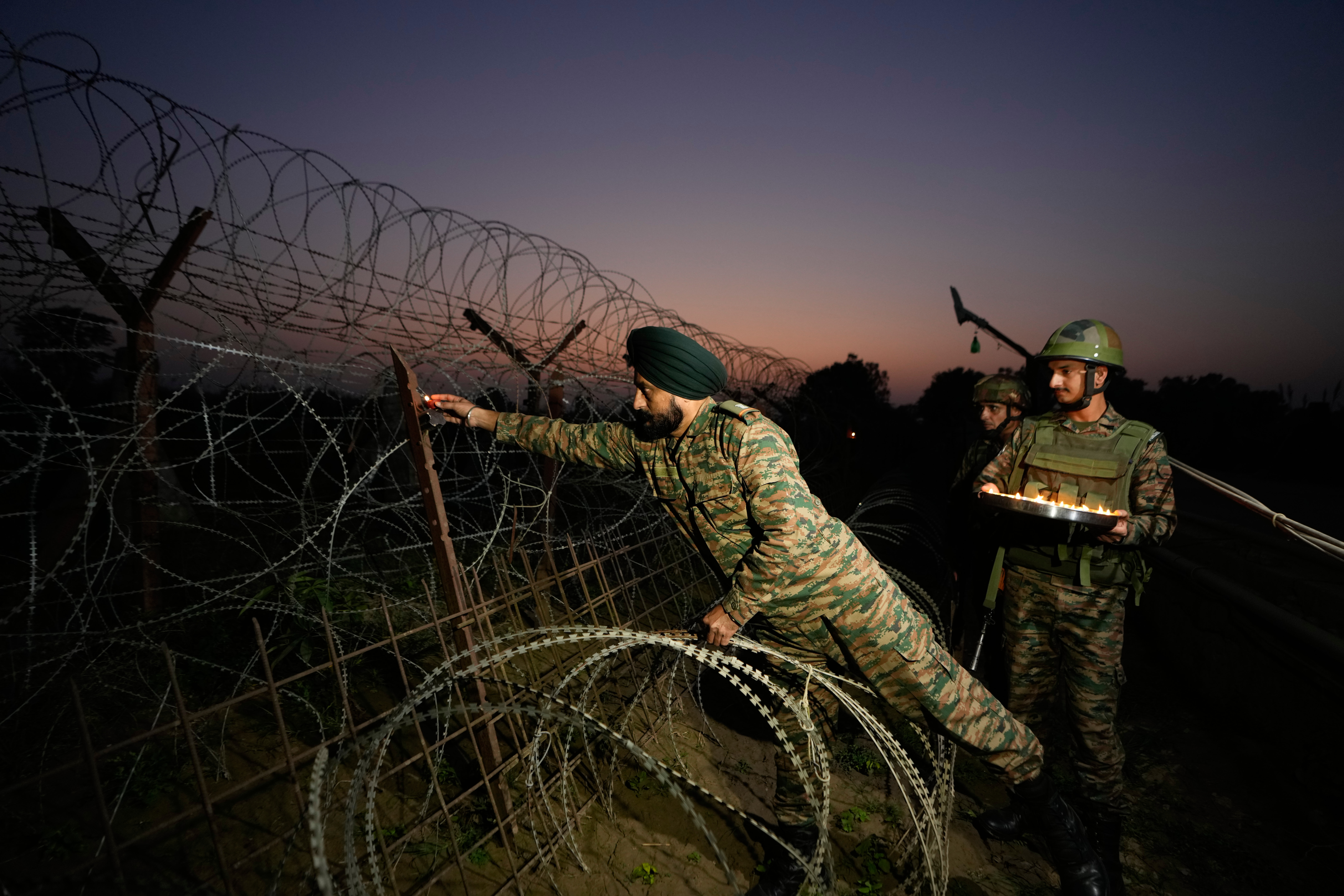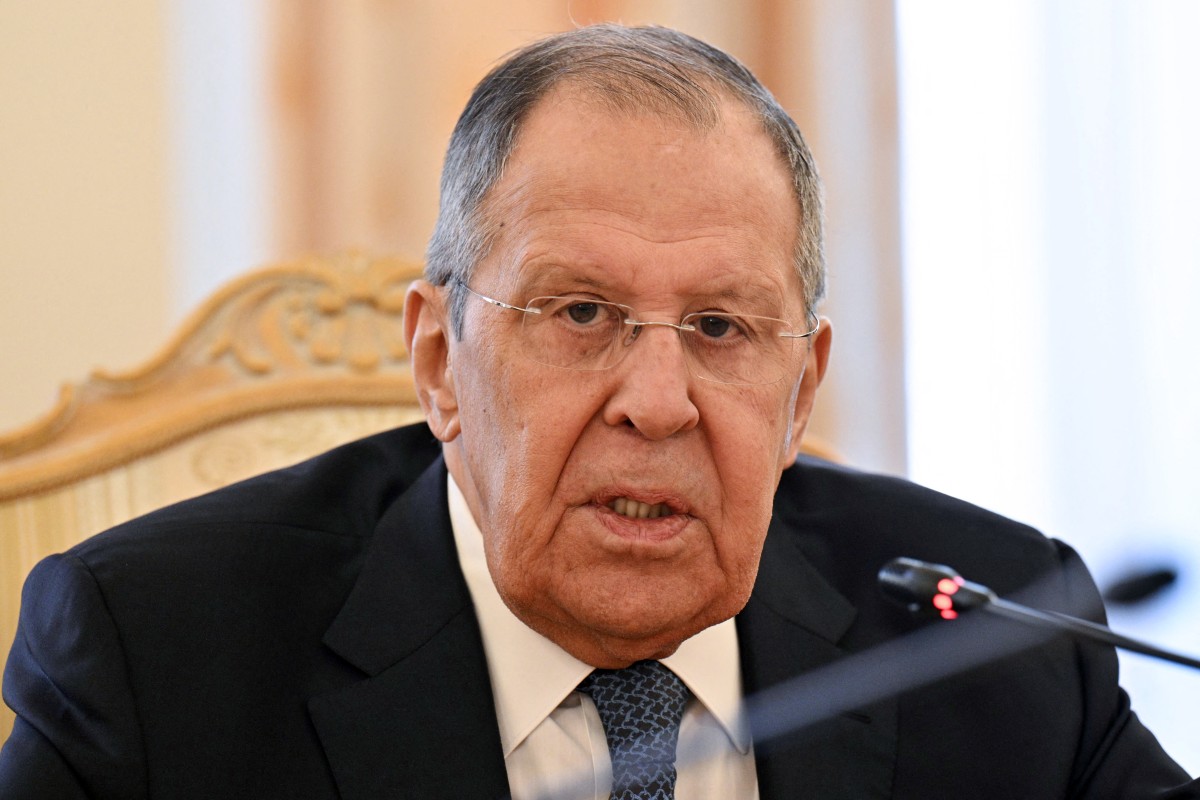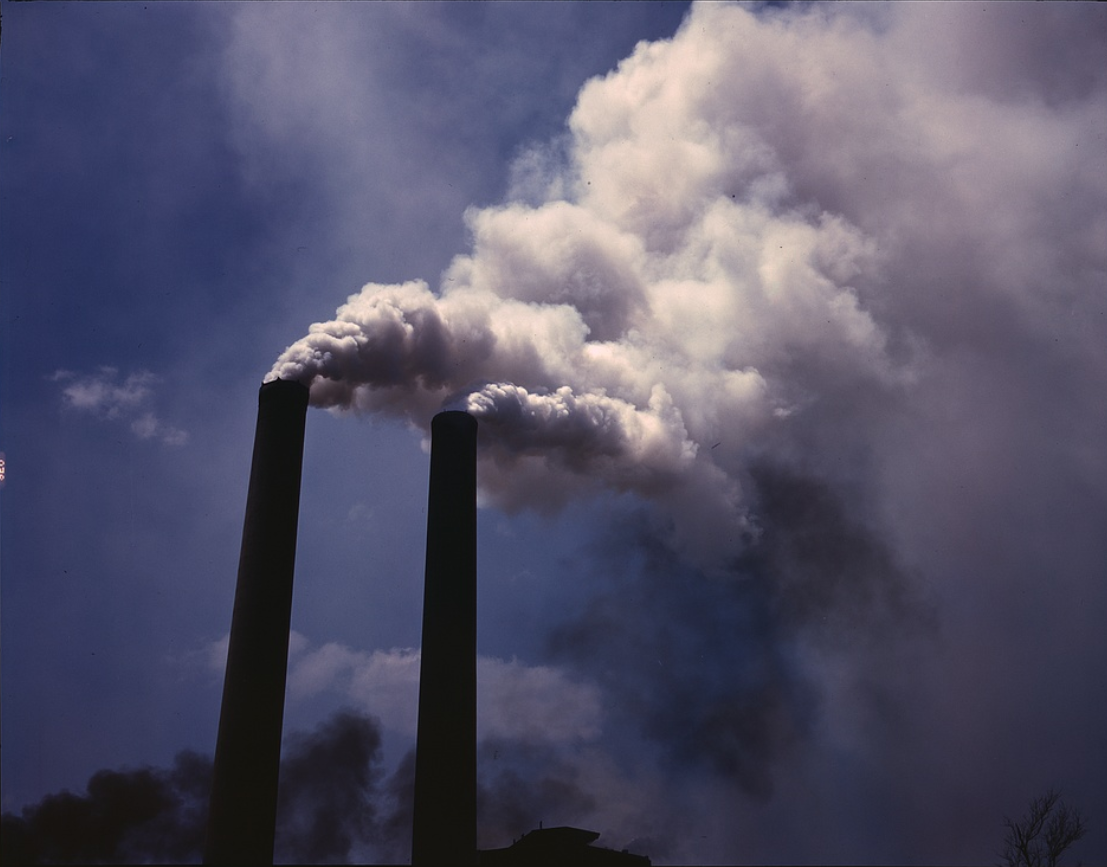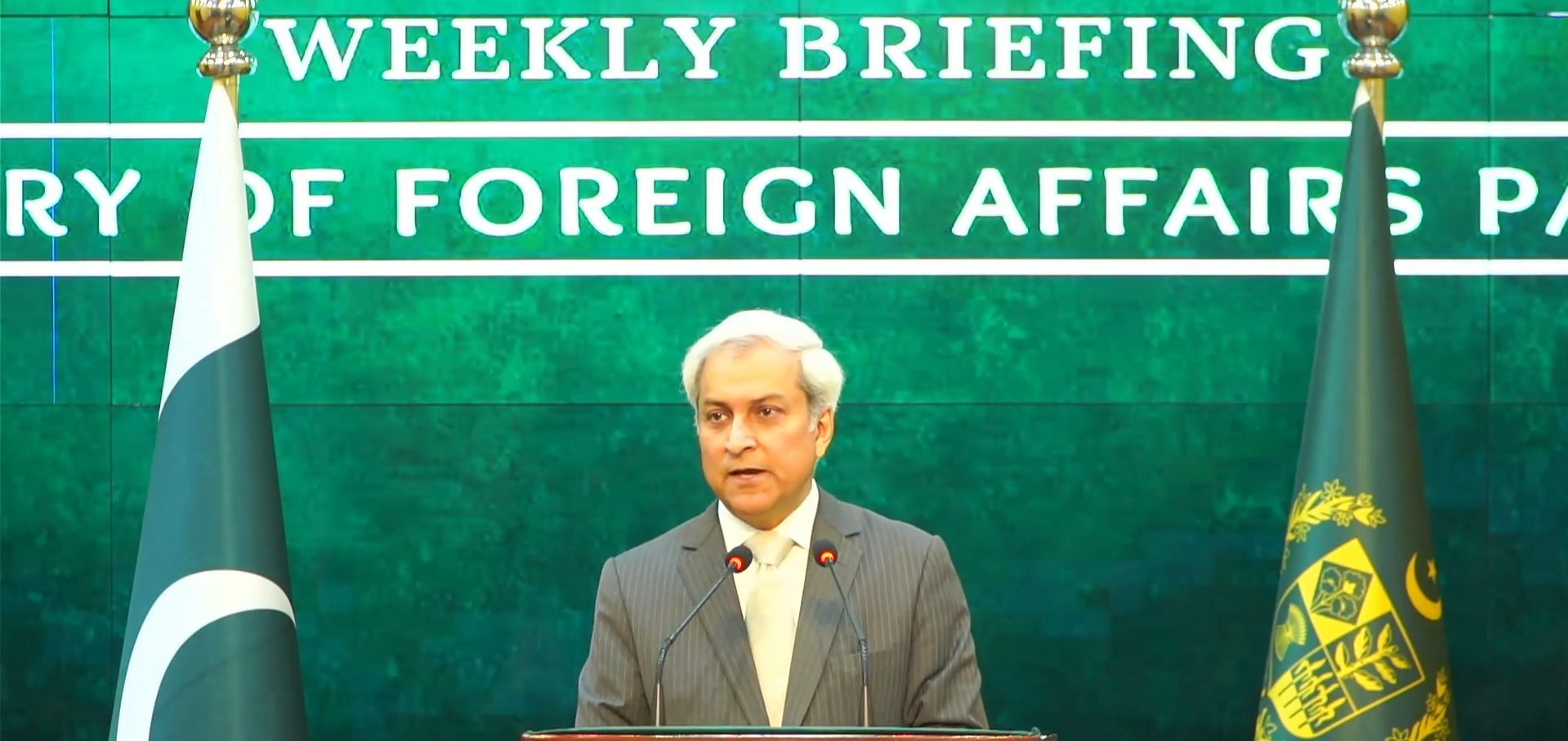ISLAMABAD: At the recent Inter-Parliamentary Union (IPU) Assembly in Geneva, an Indian representative from the Bharatiya Janata Party (BJP), Aparajita Sarangi, claimed that “Kashmir is an integral part of India” and that “the accession of Jammu and Kashmir to India was completely legal and irrevocable.”
However, a fact-based review of international documents and ground realities shows that this claim does not align with historical, legal, or international facts.
1. Kashmir’s status is defined by the UN as disputed
The United Nations Security Council (UNSC) passed resolutions in 1948 and 1949, specifically Resolutions 47 and 51, that recognized Jammu and Kashmir as a disputed territory. These resolutions called for a free and impartial plebiscite to determine whether the region’s people wished to join India or Pakistan.
That plebiscite has never been held, and the region’s status therefore remains undecided under international law.
“Kashmir’s future must be determined by its people, not by unilateral declarations,” Pakistan maintains in its consistent position before international forums.
2. World’s most militarized region
If Kashmir were truly an “integral part” of India, it would not require the presence of hundreds of thousands of troops. Independent global assessments describe Indian-occupied Jammu and Kashmir as one of the most militarized zones in the world, with a long history of armed resistance and civilian unrest dating back to 1947.
3. India’s 2019 actions contradict international commitments
In August 2019, India revoked Article 370 of its constitution, stripping Jammu and Kashmir of its special autonomous status. Pakistan and international observers have called this action a violation of UN resolutions and an attempt to alter the region’s demographic and political identity.
Since then, Pakistan has marked August 5 as “Youm-e-Istehsal,” or Day of Exploitation, observing it as a reminder of what it calls India’s “unilateral and illegal actions” in the occupied territory.
4. Human rights concerns remain documented
International human rights organizations, including Amnesty International and Human Rights Watch, have reported arbitrary detentions, restrictions on free speech, and limitations on movement in Indian-occupied Kashmir since the revocation of Article 370.
Reports by Reuters and AFP indicate ongoing fears of demographic changes and suppression of dissent in the region.
5. Global and Kashmiri voices call for self-determination
The All Parties Hurriyat Conference (APHC) and other Kashmiri political groups continue to demand implementation of the UN-mandated plebiscite. In 2025, APHC spokesperson Abdul Rashid Minhas reaffirmed the group’s commitment to peaceful self-determination, despite restrictions and detentions.
“Kashmiris remain steadfast in their demand for the right to decide their own future,” Minhas said earlier this year.
Prominent Kashmiri leader Yasin Malik, currently imprisoned, has also consistently called for self-determination and an internationally supervised plebiscite.
6. International concern over India’s stance
Debate over India’s 2019 actions has extended to foreign parliaments and academic circles. A 2020 US Congressional discussion raised concerns that India’s decision could destabilize South Asia and escalate tensions with Pakistan.
The Harvard Law Review (2021) described India’s Kashmir policy as resembling “settler colonialism,” referring to demographic engineering through new domicile laws.
Dispute recognized by the world
While India insists that Kashmir is an “internal matter,” the United Nations, international law, and decades of unresolved conflict demonstrate otherwise.
Until the promised plebiscite is held and the will of the Kashmiri people is respected, the status of Jammu and Kashmir will remain disputed, not integral to India.
As Pakistan consistently asserts: “Kashmir’s future lies in the right of its people to self-determination, not in unilateral claims.”





